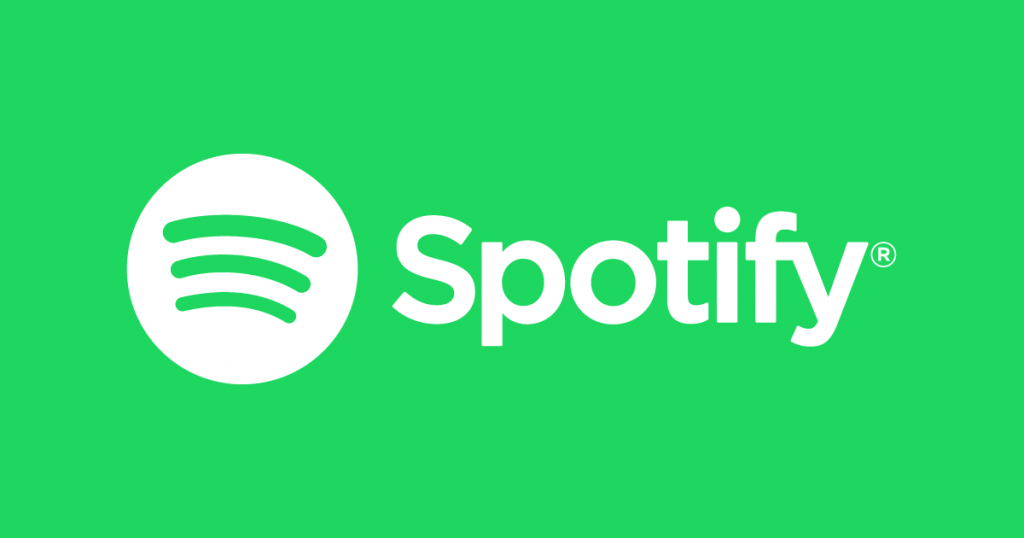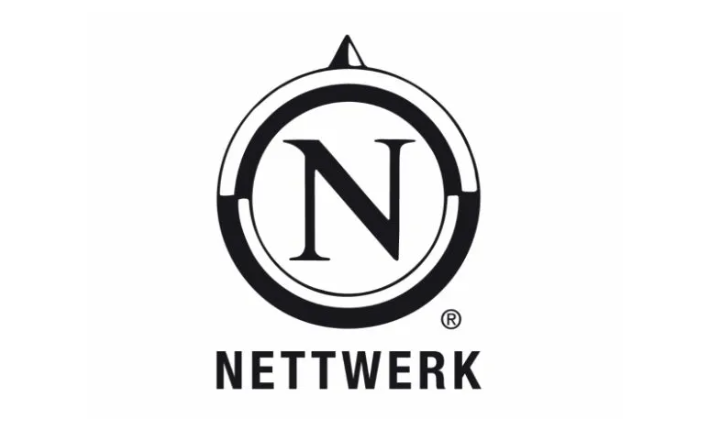The music industry is closely following a major legal fight between Spotify and the Mechanical Licensing Collective (MLC). At its core, the dispute asks whether Spotify’s decision to add audiobooks to Premium unfairly cut songwriter royalties. What began as a technical debate over subscription rules has now grown into a case that could reshape U.S. streaming economics.
MLC’s Amended Complaint

In March 2024, Spotify reclassified Premium as a “bundle” after adding 15 hours of audiobook access each month. Under the 2022 Phonorecords IV settlement, bundles can pay lower royalty rates than standalone music subscriptions. As a result, the MLC argued that Spotify used this change to reduce payments to publishers and songwriters. After Judge Analisa Torres dismissed the first lawsuit in January 2025, the MLC quickly filed an amended complaint in October. This new filing shifted focus to how Spotify priced and marketed its $9.99 Audiobooks Access plan.
According to the MLC, Spotify barely promoted Audiobooks Access while heavily advertising audiobooks within Premium. Consequently, the group claimed Spotify inflated the audiobook value to shrink the share of royalties owed for music. In addition, the MLC argued that Audiobooks Access should count as a bundle since it includes Spotify Free’s music tier. On October 8, the MLC demanded a jury trial, signaling a strategy shift designed to put Spotify’s business practices under public review.
Spotify’s Response & Defense

Spotify responded on October 24 with a 35-page filing led by its legal team at Latham & Watkins. The company defended its $9.99 valuation by comparing it to rivals like Audible and Barnes & Noble, which charge more. Furthermore, Spotify dismissed the MLC’s claims as “unsupportable by the facts” and argued that any royalty changes would be tiny compared to the billions it already pays. At the same time, Spotify strengthened its position by signing direct licensing deals with Sony Music Publishing, Universal Music Publishing Group, Warner Chappell Music, and Kobalt. These agreements, therefore, allow songwriters to share more directly in streaming growth.
Ultimately, the outcome of this case could set a precedent for bundled services across the industry. For songwriters, it represents a fight for fair pay. For Spotify, it is about defending its model while expanding into new content. Either way, the decision will ripple far beyond audiobooks and shape streaming’s future.






